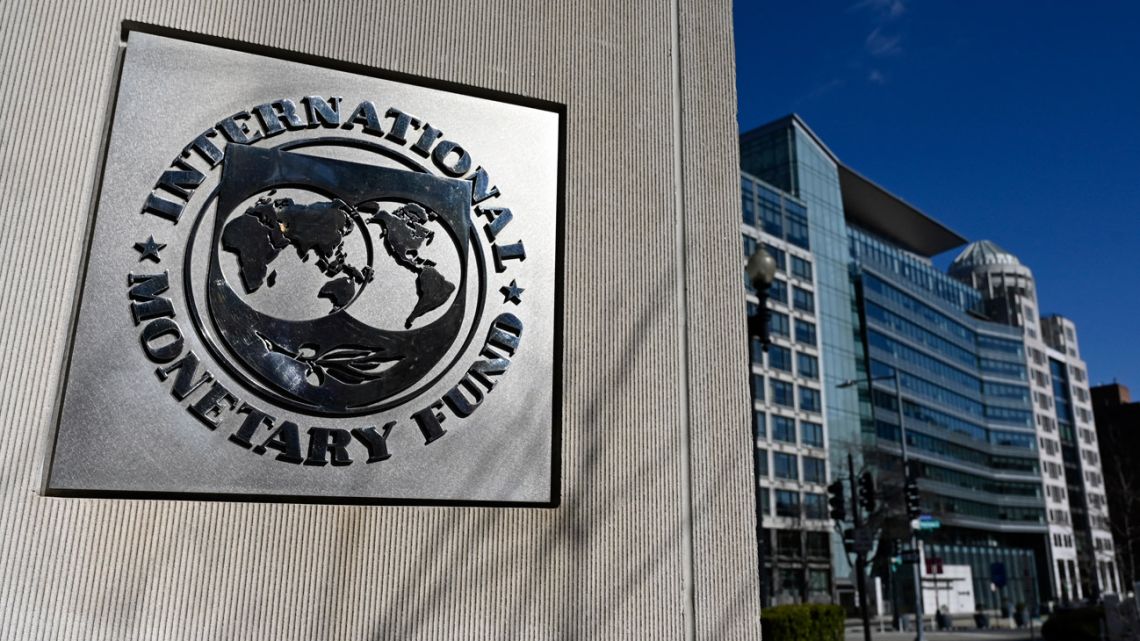
An International Monetary Fund (IMF) team, led by Mr. Harald Finger, Head of Mission for the Republic of Korea, visited the country from August 24 to September 6, 2023 for talks ahead of the Consultation of the Article IV of 2023.
Finger argued that “like many other advanced economies, South Korea has faced inflation problems and a sharp slowdown in growth. Headline inflation has declined significantly after peaking in mid-2022, although core inflation has been more stable.
Pockets of vulnerability have emerged in the financial sector as a result of the decline in the property market and the rise in interest rates, and financial risks have increased, but appear to remain manageable.

He added that “growth is likely to improve in the second half of the year as the semiconductor sector gradually recovers, reaching 1.4% per year and strengthening further over the medium term. Despite a temporary pick-up in August, inflation is expected to continue to moderate and approach the authorities’ 2% target by the end of 2024. In the current uncertain global economic environment, the economic outlook is subject to a high degree of of uncertainty”.
Likewise, the head of the IMF mission added that “the current restrictive orientation of South Korea’s monetary and fiscal policy should be maintained in the short term. The monetary policy rate should remain above neutral for the time being to cope with inflation, and the path of interest rates will remain data dependent.
With significant fiscal expansion during the pandemic and the debt/GDP ratio still on an upward trajectory, fiscal policy should continue to normalize, also supporting monetary policy in containing inflation.
At the end of his tour of Asia, Cafiero confirmed with the Korean Prime Minister the entry of Argentine poultry meat
In this sense, he said that “financial market stabilization measures should remain temporary and selective. The relaxation of housing-related regulations and tax cuts should strike a balance between preventing excessive price declines and the possibility of an orderly adjustment. Strengthening buffers, along with increased regulation, supervision, and risk management, is essential to bolster the resilience of nonbank financial institutions.
Plans to strengthen the liquidity and loss-absorbing capacity of the banking sector are welcome. Efforts need to be continued to gradually reduce the high level of private debt. Korea’s international reserves provide an adequate currency liquidity cushion over a wide range of plausible shocks.”

He also maintained that “the reactivation of structural reforms will be crucial to revitalize growth in the medium term and face the challenges of population ageing. Important priorities include establishing a rules-based fiscal framework, reforming the pension system, increasing labor market flexibility, closing gender gaps, fostering more widespread innovation, and reinforcement of climate policies”.
Finally, he expressed his gratitude to the authorities and other stakeholders for the productive discussions, excellent support and generous hospitality during the visit.

Source: https://reporteasia.com/economia/2023/09/06/fondo-monetario-internacional-corea-del-sur/

